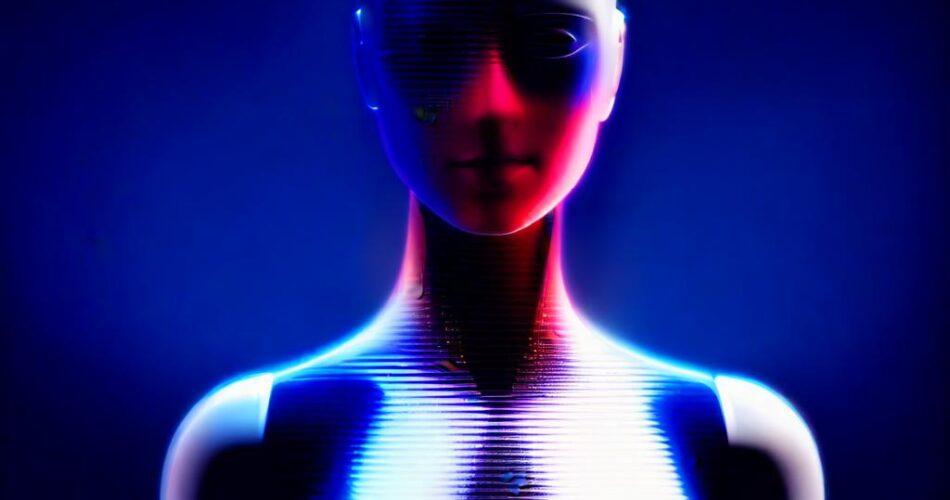Artificial intelligence (AI) is rapidly transforming the world, automating tasks, improving efficiency, and even replacing human jobs. While this often sparks anxieties about widespread unemployment and ethical concerns, it’s crucial to remember that AI’s impact is not inherently negative. In fact, there are numerous instances where replacing a human with AI is not just beneficial, but a very good thing.
Safety and Precision: Consider hazardous environments like nuclear power plants or deep-sea exploration. Sending humans into these locations poses significant risks, but AI-powered robots can perform these tasks with greater safety and precision. They can withstand extreme conditions, operate with minimal human intervention, and provide real-time data for informed decision-making.
Repetitive and Tedious Tasks: AI can automate repetitive tasks, freeing up human workers for more creative and fulfilling roles. Imagine a world where accountants are no longer burdened with tedious data entry, allowing them to focus on financial analysis and strategic planning. Similarly, AI-powered chatbots can handle basic customer service inquiries, freeing up human agents to handle complex issues and build stronger relationships.
Eliminating Bias and Unconscious Errors: Humans are prone to biases and unconscious errors, which can affect decision-making in fields like loan approvals, hiring, and even criminal justice. AI algorithms, trained on vast datasets, can make more objective and unbiased decisions, reducing the risk of discrimination and promoting fairness.
Enhanced Efficiency and Productivity: AI can analyze massive amounts of data and identify patterns that humans might miss. This allows for more efficient processes, optimized resource allocation, and improved productivity across various sectors. For example, AI-powered predictive maintenance can anticipate equipment failures, minimizing downtime and maximizing operational efficiency.
Expanding Human Capabilities: AI is not just replacing humans; it’s also empowering them. Imagine surgeons using AI-assisted robotic arms for delicate procedures, or engineers using AI-powered design tools to create innovative solutions. By extending human capabilities, AI can unlock new frontiers in research, medicine, and engineering.
Addressing Global Challenges: AI can play a crucial role in tackling global challenges like climate change, poverty, and disease. AI-powered systems can analyze environmental data, predict natural disasters, and optimize resource management for sustainable development. In healthcare, AI can assist in disease diagnosis, drug discovery, and personalized treatment plans, ultimately improving patient outcomes.
The Future is Human-AI Collaboration: It’s important to recognize that the future is not about AI replacing humans entirely. Instead, it’s about human-AI collaboration, where AI augments our capabilities and empowers us to achieve more. We need to focus on developing AI that complements human skills, fosters creativity, and promotes ethical use.
Conclusion: While AI’s impact on the workforce is undeniable, it’s crucial to focus on the positive aspects of its application. Replacing humans with AI in certain contexts can lead to safer environments, more efficient processes, and a greater focus on human ingenuity. By embracing this technology responsibly, we can unlock its potential to solve critical problems and create a more prosperous and equitable future for all.
